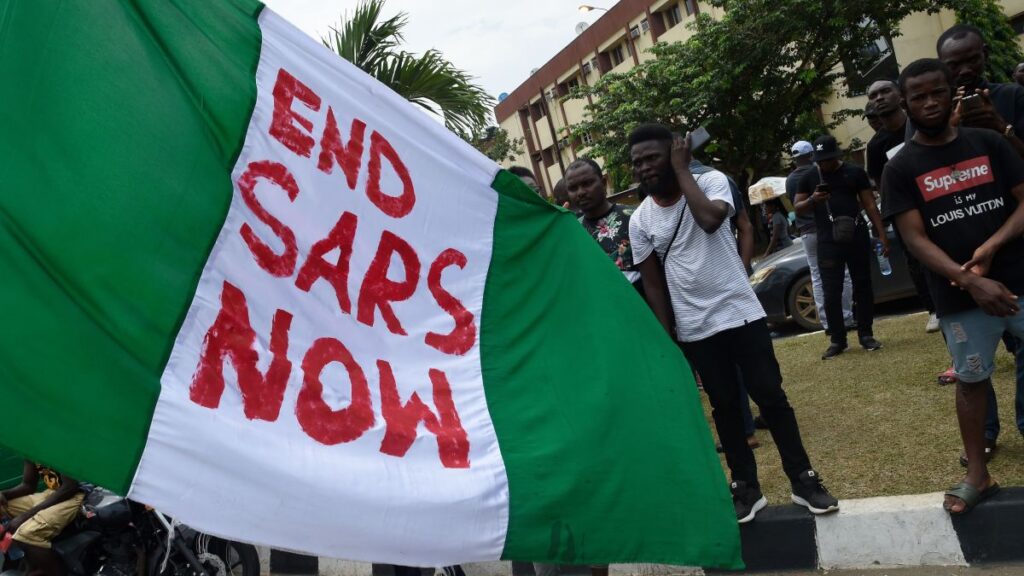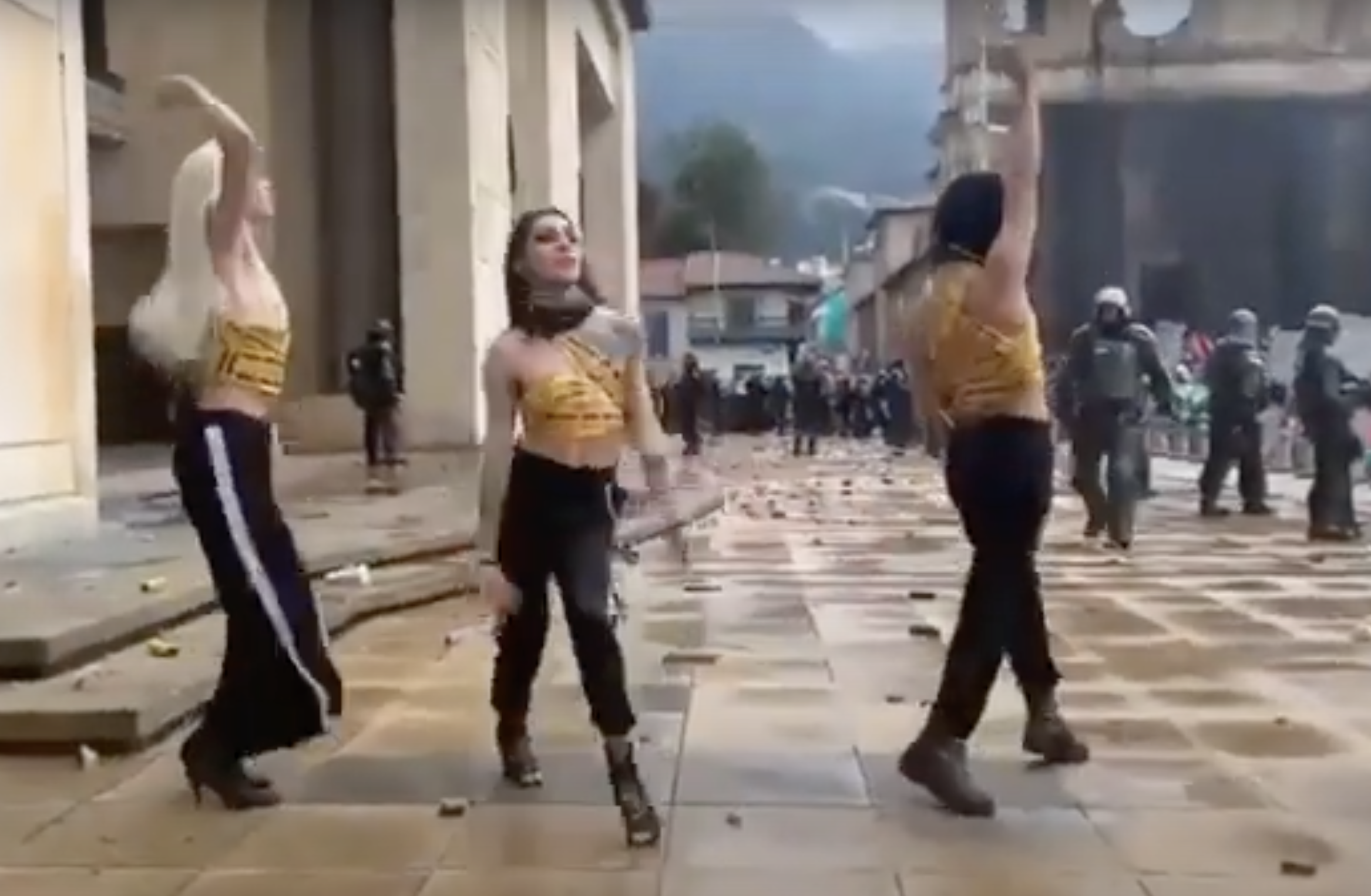This month, a viral video circulated online that allegedly showed a Nigerian man being killed by police and another video of his limp body being dragged out of a hotel. In response to the video, protestors, celebrities and activists gathered in protest across the country to demand an end to police brutality in Nigeria and everywhere. The injustice inspired an uproar on social media that inspired people to share their disturbing and violent experiences with the police branch responsible for the man’s death, The Special Anti-Robbery Squad, or SARS.
For years, SARS has been accused of violating human rights through torture, cruel and unusual punishment and harassment. This abuse by an entire police force illustrated for many how systemic abuse by police is widespread across the world.
Beyond inspired by every young Nigerian who has kept up the #EndSARS fight for the past week
i pray the souls of our loved ones, heroes who we lost in the quest to end police brutality continue to rest in peace #EndSWAT pic.twitter.com/PYAG8Jk6qy— K i k i (@Kiki_banjo) October 13, 2020
Before gaining independence in 1960, Nigeria was under British rule. Through the enslavement of Africans and the conquest of the Americas, colonial violence dating back to the 15th century has a direct link to anti-Black racism. Colonizers crafted oppressive and outwardly racist ideas about not only Black people, but Blackness as a general identifying factor. The general policing system in Nigeria has had a longstanding hatred by its citizens due to SARS’ reputation for corruption and abuse. Above all, the call to end SARS stems from the police force’s record of targeting young people.
Young people in Nigeria who are well-off and have different lifestyles than those practiced in a conservative Nigeria are often labelled “Yahoo-Boys” – a slang term for Internet scammers. Nigerian citizens caught working in less traditional careers and working from home can even have police called on them for being “irresponsible” to the community or accused of being “flashy” for owning a laptop.
The dominance SARS executes over the younger generation in Nigeria, and the country as a whole, is exemplary of the long-lived and established relationship between the police and Black or African people. An article published in Foreign Policy noted that “reports of police brutality are so common across Africa that they’re not meaningfully tracked.” Colonialism as an institution developed some of the first practices in policing that are still in use today. After the end of aparteid in South Africa, there was very little trust of police officers and although there has been improvement in the relationship since then, tensions still remain high between police and poor, majority Black communities in South Africa and other countries across the continent.
And while protests will continue to happen and petitions to defund and abolish the police will continue to be shared, it is important to recognize the history of racist colonial violence within the police force. In many places, the legacy of police brutality is also the legacy of ugly colonial pasts.





